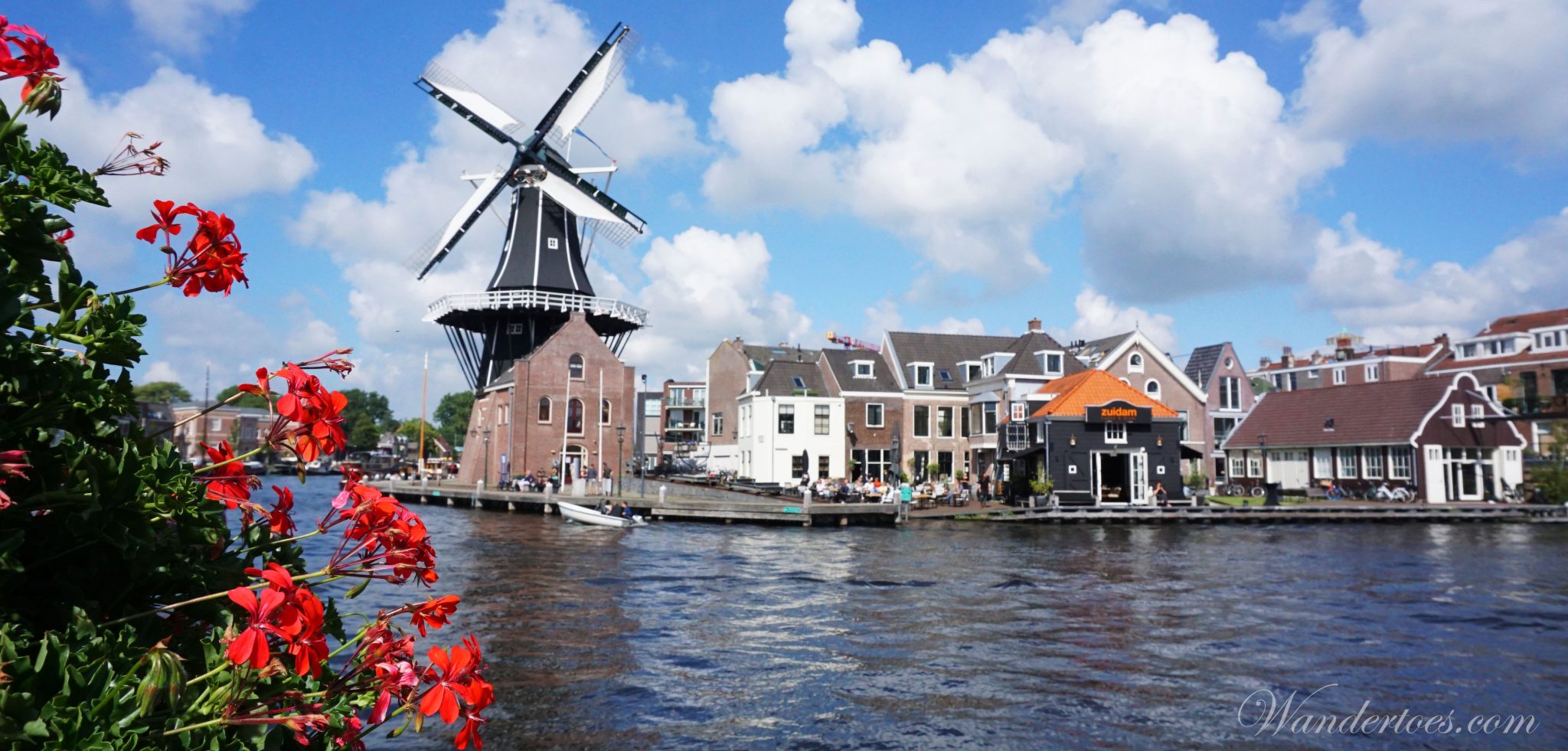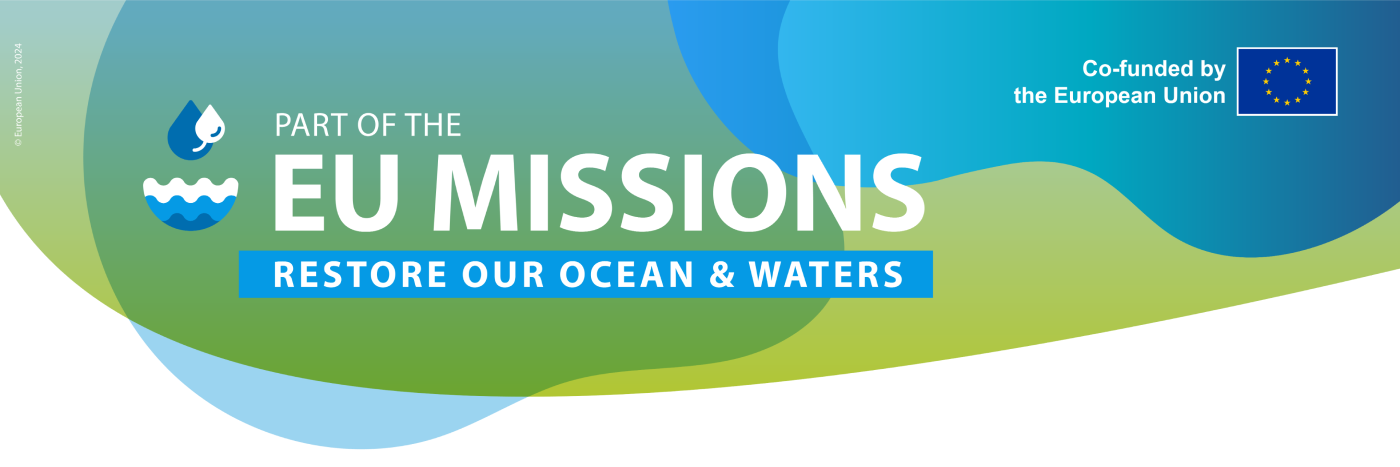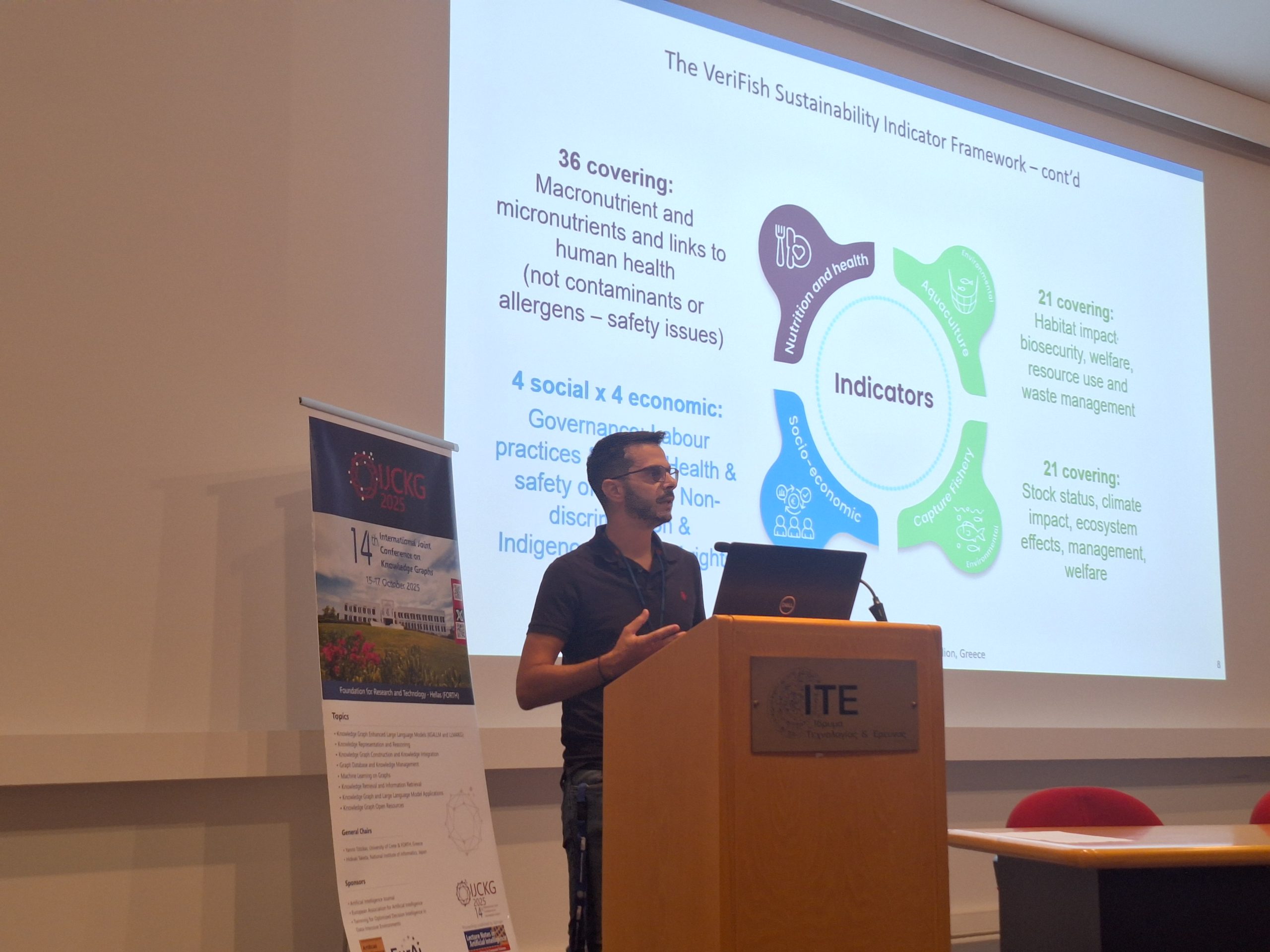Copenhagen, Denmark – June 25-26, 2025 – The VeriFish consortium gathered in Copenhagen for a pivotal two-day working meeting that marked a significant milestone in the project’s journey toward transforming seafood sustainability communication across Europe. Hosted by Eurofish International Organisation, this strategic session brought together partners from across the continent to finalize key project components and chart the path forward.
A Critical Juncture for European Seafood Sustainability
The Copenhagen meeting represented an important step in finalizing the essential elements that will define VeriFish’s lasting impact on the seafood industry. With the project moving toward completion, consortium members focused on aligning their diverse expertise to deliver comprehensive tools for transparent, informed seafood consumption.
The timing of this gathering was particularly significant, coinciding with the official launch of the VeriFish CEN Workshop Agreement (CWA) – a European Good Practice recommendation that will standardize how sustainability information is communicated across seafood value chains.
Day One: Foundation and Framework Development
The opening day centered on a comprehensive review and rehearsal of the VeriFish project review, ensuring all partners were aligned on the European standard. The consortium conducted strategic sessions focused on the evolution of three core VeriFish components:
The VeriFish Indicator Framework received detailed attention, with partners refining the scientific backbone that will support all sustainability assessments. This framework serves as the foundation for evaluating seafood products across multiple sustainability dimensions.
The Scoring System development advanced significantly, with the team working to finalize the indicator mapping and scoring matrix that will translate complex sustainability data into accessible consumer information.
Communication Guidelines were strategically developed to ensure that sustainability information reaches consumers in clear, actionable formats that influence purchasing decisions.
The day also included collaborative planning for upcoming media products and stakeholder engagement tools, ensuring that VeriFish’s reach extends beyond academic circles into real-world applications.

First row: Alessandro Manghisi (ASC)), Tim Huntington (Poseidon), Toni Bartulin (Eurofish), Marine Cusa (Oceana), Malwina Ciesla (Premotec-Pl), Francesca Barazzetta (Eurofish), Sara Pittonet (Trust-IT), Sabrina Duri (Trust-IT), Michelle Boonstra (Clupea), Nicholas Baily (Fish-Base), Pedro Reis (MAC), Roy Robertsen (Nofima), Karl Preser (Premotec).
Second row: Marco Frederiksen (Eurofish), Anton Ellenbroek (FAO), David Basset (EATiP), Alessandro Petrocelli (COMMpla), Sian Astley (EuroFIR), Christine Absil (Clupea), Yannis Marketakis (FORTH), Silje Steinsbø (Nofima), Petter Olsen (Nofima), Paul Bulcock (Sustainable Fisheries Partnership), Ixai Salvo Borda (Eurofish)
Day Two: Scientific Rigor Meets Practical Application
The second day focused on aligning the scientific backbone of the VeriFish indicator framework with effective communication strategies and policy integration. This crucial alignment ensures that the project’s technical excellence translates into practical tools that stakeholders can implement.
Indicator Mapping and Scoring Matrix received final refinements, preparing the framework for upcoming visualization tools that will make complex sustainability data accessible to diverse audiences.
CEN Workshop Agreement Contributions were thoroughly reviewed, with partners contributing their expertise to ensure the CWA reflects comprehensive European best practices in seafood sustainability communication.
Prototype Development advanced significantly, with detailed planning for the VeriFish Web App, factsheets, and stakeholder testing protocols. These tools will serve as the primary interface between VeriFish’s scientific framework and end-users.
Final Conference Structure was planned to ensure wide visibility and long-term impact, positioning VeriFish’s conclusions for maximum influence on European seafood policy and practice.

Collaborative Expertise Driving Innovation
The meeting brought together partners from across Europe, each contributing specialized expertise in fisheries science, nutrition, policy development, and strategic communication. This multidisciplinary approach ensures that VeriFish’s outputs address real-world challenges from multiple perspectives.
Input from the project’s External Advisory Board provided crucial guidance, ensuring that the consortium’s work remains grounded in industry needs and practical applications. This external perspective helps bridge the gap between academic research and market implementation.
Preparing for Final Outreach and Legacy Planning
A significant portion of the Copenhagen meeting focused on preparing for the final outreach push that will determine VeriFish’s lasting impact. Plans were developed for:
Web Application Launch – The prototype VeriFish Web App will serve as the primary tool for consumers and industry stakeholders to access sustainability information.
Influencer Campaigns – Strategic partnerships with seafood industry influencers will amplify VeriFish’s reach and credibility.
Storytelling Sessions – Narrative approaches will make sustainability information more engaging and memorable for diverse audiences.
Educational Content for Children – Specialized materials will introduce younger generations to sustainable seafood concepts, building long-term awareness.
Building Tools for Transparency and Trust
The Copenhagen meeting reinforced VeriFish’s commitment to building comprehensive tools that ensure transparency, trust, and traceability across seafood value chains. By aligning scientific rigor with practical communication strategies, the consortium is creating resources that will genuinely influence how Europeans think about and choose seafood.
The collaborative approach demonstrated throughout the meeting reflects the project’s core philosophy: that sustainable seafood consumption requires coordinated effort across the entire value chain, from producers to consumers, supported by clear, accessible information.

Moving Toward Completion and Impact
As the VeriFish project moves toward completion, the Copenhagen meeting served as a crucial alignment point, ensuring that all partners are working toward shared goals with clear timelines and deliverables. The combination of scientific excellence, practical application, and strategic communication positions VeriFish to deliver lasting change in European seafood sustainability.
The consortium’s work continues to build momentum toward its ultimate goal: empowering informed, transparent, and sustainable seafood consumption across Europe through tools that are both scientifically sound and practically useful.
With the foundation laid in Copenhagen, VeriFish is now positioned to deliver on its promise of transforming how sustainability information is communicated and used throughout European seafood markets.
Learn more about the VeriFish project and its ongoing work at www.verifish.info



